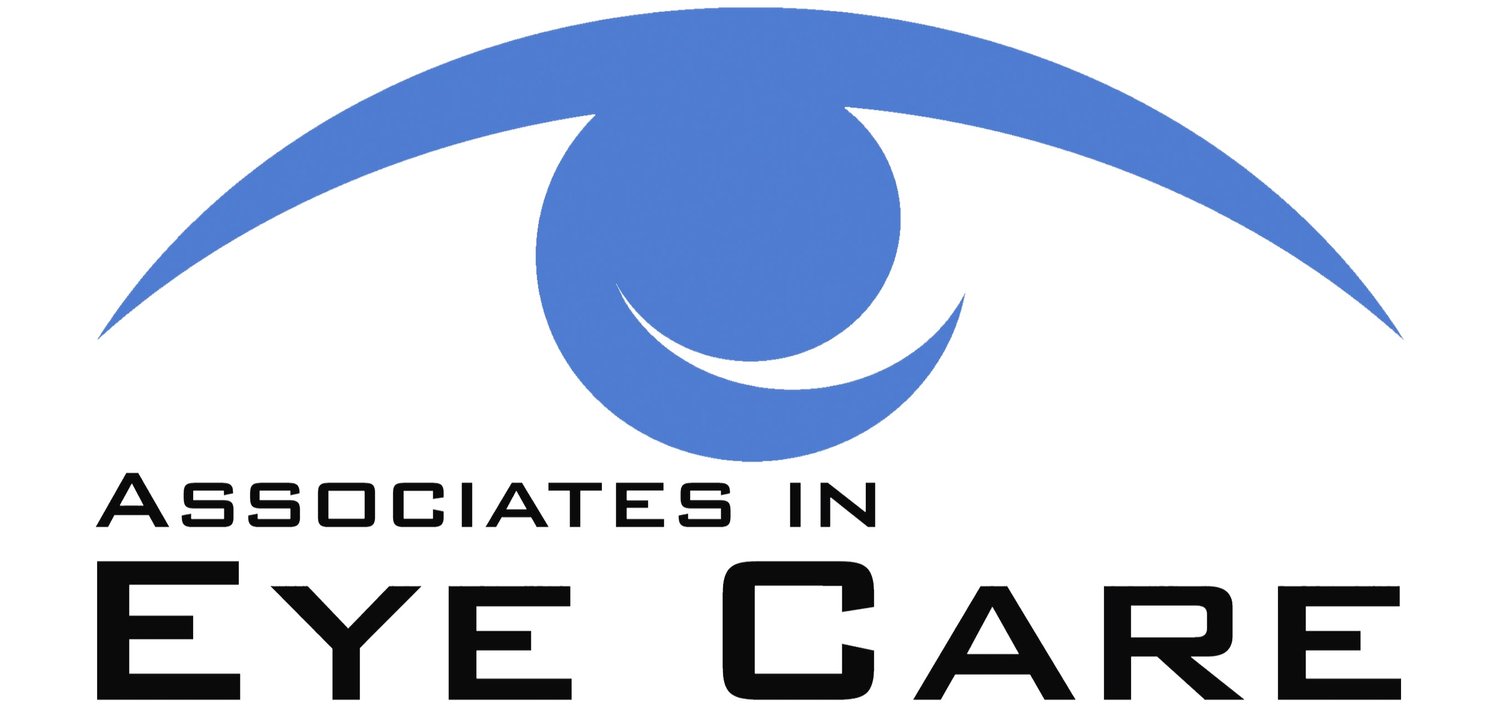EMERGENCY EYE CARE SERVICES
ACROSS SOUTHERN KENTUCKY AND NORTHERN TENNESSEE
No one plans for an eye emergency or injury. But when it happens, you need prompt and skillful treatment. If your eye is injured, please do not try to judge the severity of it. Immediately seek the opinion of an eye doctor to lessen the risk of hurting your vision.
Please call one of our offices located nearest to you for further instructions. Use your best judgment. If you feel your vision issue is urgent, do not delay treatment.
WHAT SYMPTOMS MAY REQUIRE EMERGENCY CARE?
Symptoms include, but are not limited to:
Sudden loss of vision
Sudden double vision
Sudden red/painful eye
Pink eye
New onset of flashes and/or floaters
Foreign bodies in the eye (especially metal or chemicals)
New or worsening swelling or pain after eye surgery
Things NOT to do while waiting for professional medical assistance:
DO NOT press on an injured eye or allow the victim to rub the eye(s).
DO NOT attempt to remove a foreign body that is resting on the cornea (the clear surface of the eye through which we see) or that appears to be embedded in any part of the eye.
DO NOT use dry cotton (including cotton swabs) or sharp instruments (such as tweezers) on the eye.
DO NOT attempt to remove an embedded object.
DO call one of our offices located nearest to you for further instructions! We are here for you!

Types of Eye Protection
-

At Home: Safety Glasses, Goggles and Other Protective Eyewear
Every household should have at least one pair of ANSI-approved protective eyewear while engaging in activities that involve hazardous chemicals, flying debris, or projectiles. You can buy ANSI-approved protective eyewear from most hardware stores nationwide.
-

At Work: Face Shields, Welding Glasses and More
The Occupational Safety and Health Administration (OSHA) determines the eye protection needed to do your job safely. Check with your company's human resources department or whoever oversees OSHA compliance. They will tell you what standards apply to your job. OSHA standards often require the same ANSI-certified eye protection at work that you should use at home. An exception is welding, which requires more eye and face protection.
-

At Play: Face Guards, Visors and Other Sports Eye Protection
ASTM sets the standards that eye protection must meet to prevent eye injuries in your sport. Each sport has their own set of safety standards, for a full list, visit ASTM’s website.


